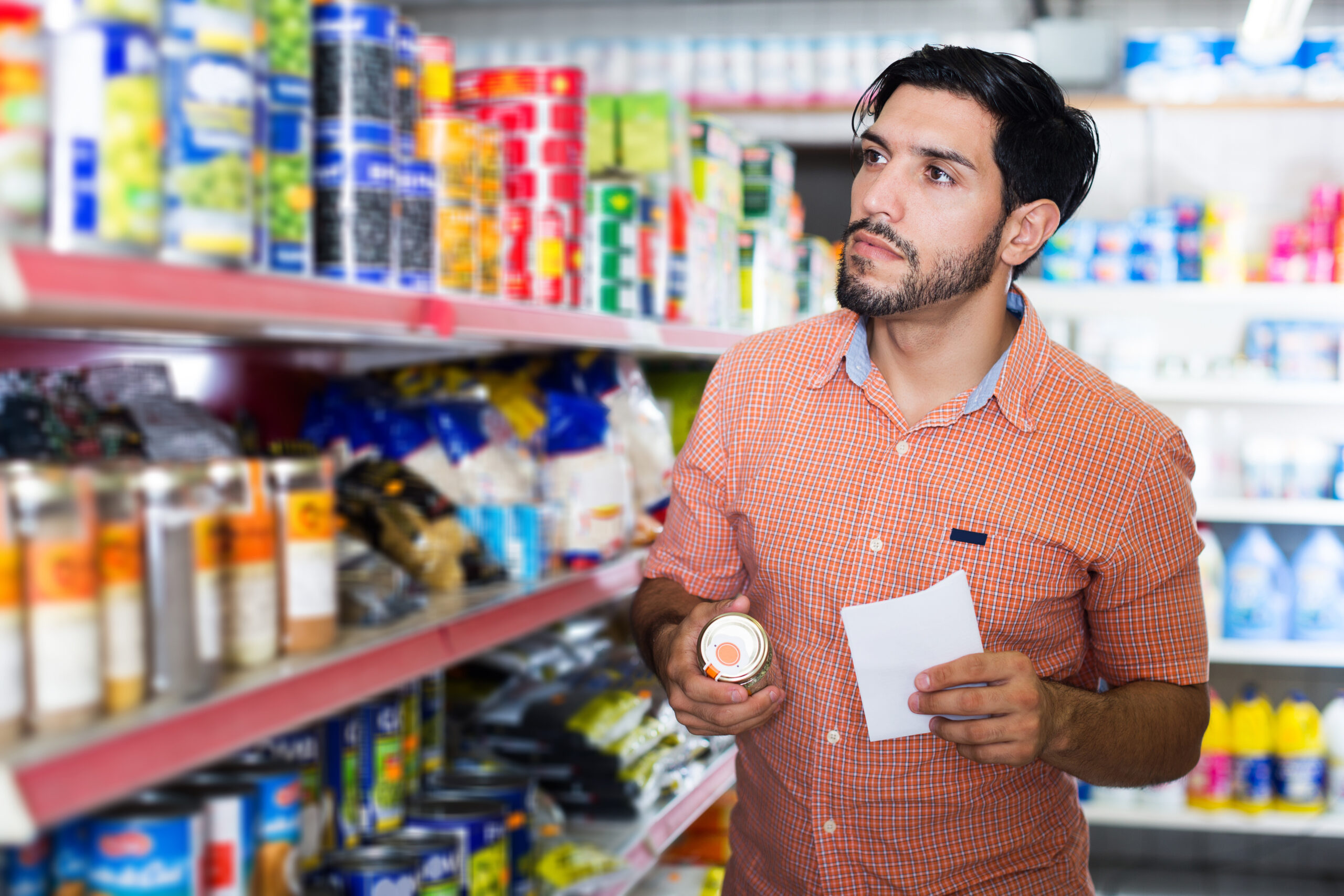
By: Vivek Mishra
Days after some Indian spices were banned in Singapore and Hong Kong due to allegedly containing the pesticide ethylene oxide beyond permissible limits, a report states that the European Union has been flagging many Indian food products containing the same cancer-causing chemical in the last few years.
A report in the Indian newspaper Deccan Herald, citing data from the Rapid Alert System for Food and Feed (RASFF), says that the carcinogenic chemical has been consistently detected in Indian goods by the European Food Safety Authority.
From September 2020 to April 2024, the European Union authorities identified contamination in 527 products originating from India. These products primarily included nuts and sesame seeds (313), herbs and spices (60), dietetic foods (48), and other food items (34), according to the newspaper.
Out of these, 87 shipments were rejected at the border, with many others withdrawn from the markets later.
Ethylene oxide, a colorless gas used as a pesticide and sterilising agent, was originally intended for sterilizing medical devices. Exposure to this chemical is linked to lymphoma and leukemia, among other cancers.
Data from the Rapid Alert System for Food and Feed (RASFF), an online system monitoring food safety in EU member countries, reveals that ethylene oxide was detected in 525 food products and two feed products. While 332 products solely originated from India, other countries were also implicated in the contamination of the remaining items.
Jubin George Joseph, Chief Operating Officer, Ramaiah Advanced Testing Labs, told Deccan Herald that besides direct exposure to ethylene oxide, consumers are susceptible to two more chemicals produced by the presence of the chemical in a food product.
“The most dangerous of these is ethylene glycol, whose presence in cough syrups led to the deaths of children in Africa,” he said.
Joseph said that it is likely that ethylene oxide might be widely used to sterilize products against salmonella and E. coli, citing its affordability. However, he said the lack of widespread testing for the chemical hinders a comprehensive understanding of its prevalence.
“The most dangerous of these is ethylene glycol, whose presence in cough syrups led to the deaths of children in Africa,” he said.
An activist expressed concern over the presence of such chemicals in exported goods, emphasizing the need for stringent safety checks on both exported and local products. “Export products are supposed to be of top quality. If they are contaminated, what we get in local markets needs a thorough safety check,” he said.
There was no response from the FSSAI to the Deccan Herald report.
Due to concerns over ethylene oxide and its toxic breakdown products, the EU has established a limit of 0.1 mg/kg.
In September 2021, the Spices Board of India advised exporters to conduct tests for the chemical. However, the newspaper reported that 121 contaminated products were detected in the country in 2022 and 2023.
